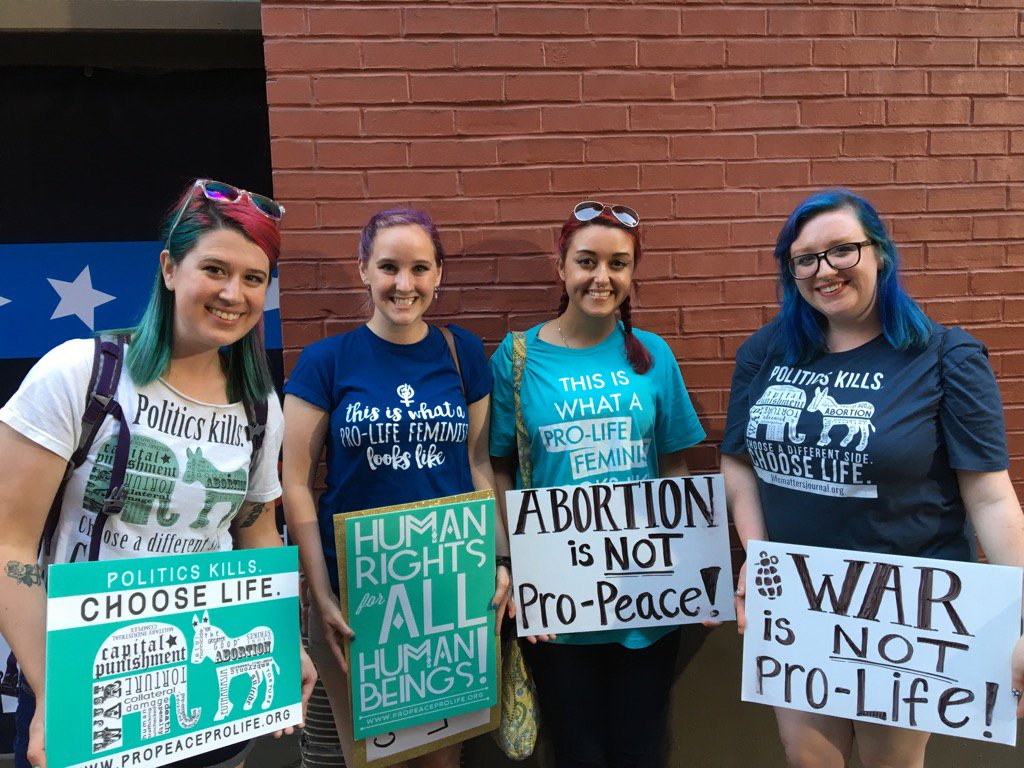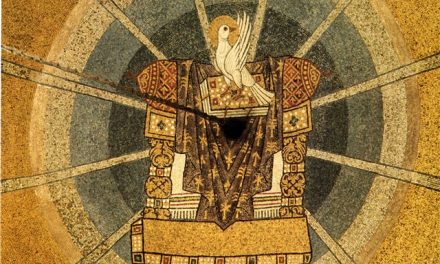On Friday Nov 16th at Fordham University in New York, Peter Singer and three theologians shared a podium to discuss the theology and ethics of the treatment of non-human animals, particularly in light of the practice of factory-farming. The session was entitled Christians and Other Animals: Moving the Conversation Forward. The context for the discussion can be summarized by the fact that in America alone, over nine billion pigs and chickens a year are raised in horrifying conditions, genetically bred and practically force-fed to bulk them up to bizarre weights while they are still baby chicks and piglets, and then slaughtering them, typically in cruel ways. Discussing and disagreeing about how to think about this in addition to Peter Singer were: David Clough, a Methodist theologian out of the UK who has recently written a ground-breaking book on how to think about non-human animals theologically; Rusty Reno, a Catholic theologian and editor of First Things, a leading journal on religion and public life in America; and Eric Meyer, a doctoral student in theology at Fordham critiquing how the grammar of “animal” functions in both popular and theological language and culture. The panel was put together and moderated by Fordham moral theologian and CMT’s own Charlie Camosy.
Those coming to the panel discussion hoping or expecting Peter Singer to dominate or to hear him advocating viewpoints inimical to Christianity were sorely disappointed. The Peter Singer present was not the one who is known for criticizing Christianity, but rather the one who has referred to the Christian ethical tradition as “among the greatest of human achievements.” And all four panelists engaged theological questions of what Christianity has to say and should be saying about the vast and institutionalized cruelty to animals that has arisen in America over the last 50 years.
What was striking about the panel was both the nature of the disagreements, and also the substantive agreement. On the one hand, the two outliers were Reno and Singer, who were the ones least sympathetic to the plight of animals and Christianity respectively. So for example, in response to Clough’s theological critique of the cruelty of factory farming, Reno responded that he got his meat from a local farmer in Nebraska whose animals lead relatively happy lives. Whether or not that was true, it skirted the issue of factory-farming. To his credit, when pushed, Reno forthrightly acknowledged the evil of the breeding techniques endemic to factory farming. Another interesting disagreement was between Clough and Singer. Singer (whose preference utilitarianism focuses on suffering) could not wholeheartedly agree with Clough’s criticisms of factory farming as defacing the nature of factory farmed animals, since if those animals could be kept free of pain and suffering ( by keeping them in e.g. a semi-conscious state), then Singer would have little theoretical objection to it.
In contrast to the disagreements, what was more striking were the agreements. All of the panelists agreed to some degree of “anthropocentrism,” that we have good reason to treat human beings to some degree differently than other non human animals. Secondly, all the panelists in the end agreed to the view that there is something deeply wrong about the kind of breeding of e.g. young chickens so that they grow in a way that their young legs cannot properly support their grotesquely oversized breasts, that this is simply wrong and should not be done regardless of its profitability for the industry.
All in all, the panel was a great success in bringing together a secularist and Christian theologians to address a topic of moral concern that too few secularists or Christian theologians thoughtfully address, much less address together and produce a shared viewpoint.
Despite what elements of the blogosphere write about Peter Singer’s appearance on the campus of a Catholic University, this is clearly the kind of conversation that Catholic universities should encourage, serious conversations about important social issues involving persons of seriously different moral convictions. This is at least part of the purpose of a university (and particularly of a Catholic university whose role it is to keep debates about serious moral issues on the frontburner of its collective consciousness), and we can hope other Catholic universities follow Fordham in this example, regardless of the criticism it endures.





“Christians and Other Animals” ?
A Christian is a person, while an animal is a thing. It is that difference that makes all the difference. If it is true that you believe that Catholic Universities should encourage conversations about important moral issues, why would you not begin with the self-evident truth that a human being, not being a place or a thing, can only conceive a human person, a son or daughter?
Why claim there can be seriously different moral convictions about this self-evident truth to begin with, unless you believe it is morally justified to objectify the human person, which, every moral person should recognize to be a lie from the start? At the end of the day, you don’t debate truth, as if the truth is up for debate, you challenge the issues of the Day, in light of our Catholic Faith.
Dear Nancy D.
Thanks for your comment. There seem to be two points you do not realize are taught by the Catholic moral tradition, which are found in Scripture, in theologians such as the doctors of the Church St. Augustine and St. Thomas Aquinas, as well as reiterated in recent Magisterial documents, such as the Catechism and statements by John Paul II and Benedict XVI.
First, human beings, as well as being persons, are also animals. We are mammals, like a variety of other non-human animals. It is modern heresy to deny that we are embodied creatures. This fact by no means undermines the dignity of the human person. We cannot understand the true dignity of the human person, much less contemporary teachings like John Paul II’s theology of the body if we do not recognize our bodiliness.
Second, non-human animals are not “things.” That is the view of Rene Descartes, not the Catholic tradition. They are living creatures created by God who glorify God in their very being as creatures of God. As the Catechism of the Catholic Church teaches, we are obligated to treat non human animals with kindness.
John, with all due respect, you are simply mistaken. From The Beginning, every human being, has been created in The Image of God, separate from all the living creatures on the earth, equal in Dignity, while being complementary as male and female. Although it is true we should respect God’s Creation, that does not change the fact that only human persons have been ordered to live our lives in relationship in communion with God, as husbands and wives, fathers and mothers, sons and daughters, brothers and sisters…
Nancy, nothing that you say here impacts John’s points that the Church teaches (1) that human beings are embodied animals, and (2) that animals (both human and nonhuman) are not “things.” Rejection of either (1) or (2) is a rejection of Church teaching.
Professor Camosy, with all due respect, although it is true that The Catholic Church teaches every Human Being has a soul and thus we, who are human, are called to Holiness, we, are not embodied animals, for an animal, although it is a being, is not a human being, nor is it a person.
“IAm Who Am.” I am who I am. You are who you are. These are statements that refer to personhood.
As embodied souls, called to Holiness, and thus communion with God, we are temples of God’s Holy Spirit, and thus He dwells in you and me.
I am thrilled that Fordham University was able to sponsor such an important discussion. There are many Christians, many Catholic Christians, who have stopped eating meat that comes from factory farms. This is particularly true among young people on the west coast where issues around food (e.g. organic, local, humane), are of particular interest. But not only young people-
I stopped eating meat many years ago after preparing a talk for my Catholic Community regarding world hunger. Research showed that meat eating in the developed world was contributing to the growing hunger of people in the undeveloped world. As time went on I became more aware of the inhumane treatment of animals on factory farms and was glad I no longer ate meat. Next I stopped eating eggs that came from such operations. Now I raise my own chickens for eggs.
There is too much that most Americans don’t know about the food we eat. Becoming more knowledgeable about food requires becoming more knowledgeable about the natural world as God created it. It would improve our health as well.
Thanks for the good reporting.